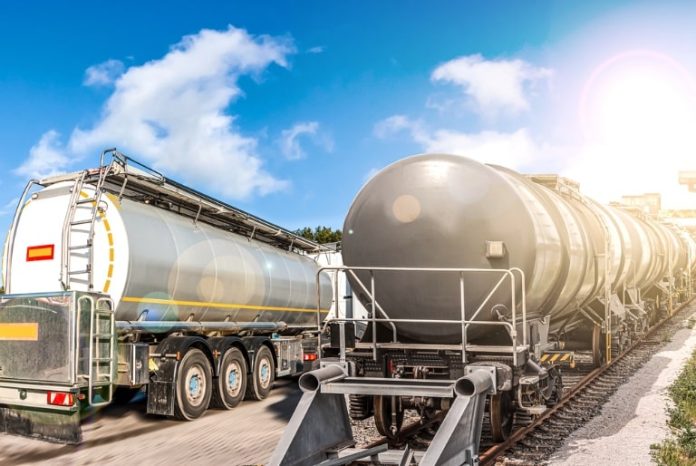Fuel suppliers are the vital cogs in the vast machinery of the energy sector, ensuring that various forms of fuel reach the market efficiently and reliably. They act as intermediaries between refineries and consumers, whether individual households or large industrial complexes.
The job of a fuel supplier is multifaceted, involving sourcing, quality control, logistics, and often regulatory compliance. Navigating the intricate networks of transportation and distribution requires a deep understanding of both the product and the market. Below, we delve into the world of fuel supply and its importance in everyday life.
Understanding the Role of a Fuel Supplier in Energy Distribution
Fuel suppliers play a vital role in connecting refineries to end users, ensuring a steady and safe flow of energy. Their work involves managing supply chains, monitoring market trends, and coordinating transportation through trucks, rail, and ships to deliver fuel efficiently and reliably.
A trusted fuel supplier in Swift Current exemplifies this dedication, balancing supply and demand, maintaining strong logistics, and supporting industries from local gas stations to farms. Through strategic planning and adaptability, they help keep communities and businesses powered without interruption.
The Process of Fuel Supply: From Sourcing to Delivery
The fuel supply process begins with sourcing raw materials and maintaining strong partnerships with producers and refineries to ensure consistent availability despite market fluctuations.
Once procured, fuel undergoes strict quality checks to meet safety and regulatory standards, varying by region and industry. Logistics plays a central role, involving transportation coordination, delivery scheduling, and route planning to balance efficiency, cost, and safety.
Suppliers rely on depots, storage tanks, and distribution centers to manage these operations. Delivery to customers such as gas stations, corporations, and government agencies is carefully organized, with suppliers often providing post-delivery support like inventory management, equipment maintenance, and technical assistance.
Essential Services Provided by Fuel Suppliers
Fuel suppliers deliver more than just fuel; they provide essential support services that promote safety, efficiency, and continuity for clients. They develop customized energy solutions tailored to each customer’s specific consumption patterns and operational needs. Through monitoring and management services, often supported by advanced tracking software, suppliers help clients optimize fuel use and reduce costs.
They also offer emergency fuel delivery during crises like natural disasters or power outages, ensuring uninterrupted operations. To support financial flexibility, many suppliers provide tailored financing options with scalable payment terms, fostering long-term partnerships built on trust and adaptability to clients’ changing requirements.
Compliance and Safety Standards in Fuel Supply Operations
Compliance with regulatory standards is essential in fuel supply operations, requiring suppliers to navigate complex environmental, health, and safety regulations governing production, storage, and transportation.
Staying informed about evolving local and international laws ensures lawful and responsible practices. Suppliers must uphold strict safety measures due to the inherent risks of handling flammable materials, emphasizing rigorous protocols and employee training to prevent incidents.
Regular audits and external assessments help verify compliance and reinforce operational integrity. Transparency in safety and regulatory practices fosters trust, with many suppliers using sustainability reporting and corporate social responsibility initiatives to highlight their dedication to safe, ethical, and community-focused operations.
The Impact of Technological Advancements on Fuel Supply Chain Management
Technological advancements have revolutionized fuel supply chain management through automation and real-time data analytics, enabling streamlined inventory control and faster order processing. IoT devices and advanced tracking systems provide full visibility across operations, helping suppliers anticipate and address disruptions proactively.
Digital platforms strengthen coordination among suppliers, transporters, and clients by improving communication and responsiveness to changes in demand or supply. These innovations also enhance transparency and customer service.
At the same time, technology drives the exploration of alternative and renewable fuels, supporting compliance with environmental regulations and meeting evolving consumer expectations for cleaner energy solutions.
Wrapping Up
Overall, the role of fuel suppliers is central to the functioning of economies and societies, ensuring a steady and safe supply of pivotal energy resources. By integrating new technologies and adhering to evolving compliance standards, these entities continue to provide indispensable services while progressing towards a more sustainable energy landscape.




